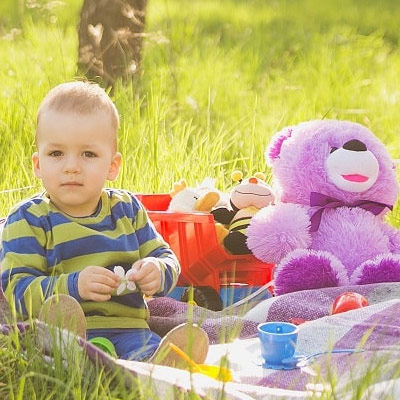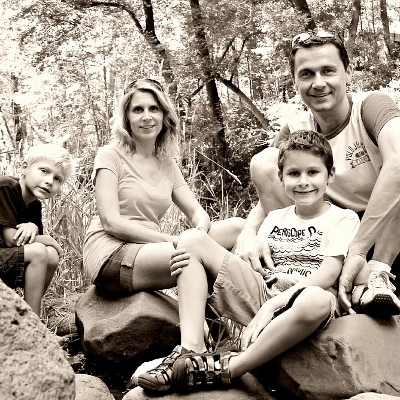 Something that special needs parents share with mainstream parents (and especially first-time parents) is the excitement of seeing your baby grow and begin to reach milestones. Parents just love to take pictures and celebrate the everyday victories their children have with all of their firsts and first times within the first year. First tooth, first word, first step. Each one is a precious memory which also serves as research for child development.
Something that special needs parents share with mainstream parents (and especially first-time parents) is the excitement of seeing your baby grow and begin to reach milestones. Parents just love to take pictures and celebrate the everyday victories their children have with all of their firsts and first times within the first year. First tooth, first word, first step. Each one is a precious memory which also serves as research for child development.
As a young first-time parent to a preemie child, I was handed a pamphlet containing a list of milestones to expect from my baby in his first year. I was also explained the effect of gestational age and how it may delay his timeframe of firsts. My son was born 6 weeks early, which meant that he would likely not reach standard milestones until about 6 weeks after he should have by book definition.
I carefully watched and waited for things to happen. He began walking at 10 months old, but did not begin talking until after he turned 1. Nothing was consistent with the printed timeline. Every trip to the pediatrician became a game of 20 questions about my son’s ability to grab things and hold on to them, laugh, cry, eat, poop and sleep and so on. And, when he continued to miss milestones while other toddlers his age are off the charts with success, I began to worry that there was something more wrong that the doctors knew.
18 years later, I look back and wish I knew then what I know now. I had no real resources to reflect to for guidance on what to do when my child didn’t reach a milestone (pre-internet era). It was years before I knew what Autism was, or even how to encourage my son to work towards his toddler milestones, such as talking, reading, scribbling, balancing and basic problem solving. I would have made more of an effort to see him succeed.
However, I also ask myself, had I had all of the resources then, would I still have suffered a little inside every time my child didn’t reach a milestone beyond my control? The answer is yes.
My advice is simple. Don’t get worked up over your child’s milestone timeline. Child development is not a competition. Don’t try to compare your special needs child to your other children, other people’s children, or even other special needs children. Yes, it is good to have an idea of what to expect by observing others children behaviors and learn tricks and tips to give your child the advantage of experience. But do not dwell on what Johnny was able to do before Bobby. Your child will be ready when he is ready. Age isn’t anything but a number to a special needs child.
Today, resources are more readily available to parents to help determine if their child is showing signs of developmental delay, both physical and emotional. For more information visit the Center for Disease Control and Prevention website to learn about early intervention.










